Who are we?
Delta Wind Birds is a nonprofit (501(c)(3)) organization dedicated to protecting and creating wetlands, fostering ecotourism, and raising awareness of migratory birds and their habitats. Our projects often focus on shorebirds (or “wind birds”) in the Lower Mississippi Alluvial Valley (or “Delta”), although our work also benefits ducks, herons, egrets, ibises, spoonbills, storks, terns, and warblers. To learn about our volunteer board of directors, click here. To listen to a podcast interview with our president, Jason Hoeksema, on Mississippi Public Broadcasting’s “Creature Comforts” radio show, click here (the segment starts around the 10:45 mark). Click the button below to read more about our three main initiatives.
Why help the wind birds?
The shorebirds or “wind birds” are some of the most impressive migrants in the world, with many making an annual round-trip from the Arctic Circle to southern South America, and nearly half of all North American shorebird species currently face declining populations due to complex causes (click here and here to read more about shorebird conservation efforts in our region). These graceful creatures depend on high-quality shallow water and mudflat “stopover” habitat in our region to fuel up during their arduous spring and fall migrations. To watch a fascinating video about shorebird foraging strategies, click below.
Habitat in the Delta
The Lower Mississippi Alluvial Valley, or Delta, lies along the eastern edge of the Mississippi Flyway and was historically a vast forested wetland. Agricultural development of the region has dramatically reduced wetland habitat, but much of the modern agricultural landscape can easily provide attractive stopover habitat for migratory shorebirds, often within the framework of normal agricultural production practices. Click below to read more about our Habitat on Working Lands program.

“The restlessness of shorebirds, their kinship with the distance and swift seasons, the wistful signal of their voices down the long coastlines of the world make them, for me, the most affecting of wild creatures. I think of them as birds of the wind, as ‘wind birds.’”
— Peter Matthiessen, 1967



